CETIRIZINE - ORAL
PHONETIC PRONUNCIATION: (seh-TEER-ah-zeen)
COMMON BRAND NAME(S): Zyrtec
GENERIC NAME(S): cetirizine HCl
Uses
USES: Cetirizine is an antihistamine used to relieve allergy symptoms such as watery eyes, runny nose, itching eyes/nose, sneezing, hives, and itching. It works by blocking a certain natural substance (histamine) that your body makes during an allergic reaction. Cetirizine does not prevent hives or prevent/treat a serious allergic reaction (such as anaphylaxis). Therefore, if your doctor has prescribed epinephrine to treat allergic reactions, always carry your epinephrine injector with you. Do not use cetirizine in place of your epinephrine.
How to use CETIRIZINE - ORAL
HOW TO USE: If you are taking the over-the-counter product to self-treat, read all directions on the product package before taking this medication. If you have any questions, consult your pharmacist. If your doctor has prescribed this medication, take it as directed, usually once daily. If you are using the chewable tablets, chew each tablet well and swallow. If you are using the rapidly-dissolving tablet, allow the tablet to dissolve on the tongue and then swallow, with or without water. If you are using the liquid form of this medication, measure the dose carefully using a special measuring device/spoon. Do not use a household spoon because you may not get the correct dose. The dosage is based on your age, medical condition, and response to treatment. Do not increase your dose or take this medication more often than directed. Tell your doctor if your allergy symptoms do not improve, if your hives do not improve after 3 days of treatment, or if your hives last more than 6 weeks. Get medical help right away if your condition worsens or if you think you have a serious medical problem (such as a very serious allergic reaction/anaphylaxis).
Side Effects
Precautions
Interactions
Overdose
Images
Reviews
Faq for CETIRIZINE - ORAL
Cetirizine is an antihistamine medication used to relieve allergy symptoms such as sneezing, itchiness, watery eyes, and runny nose.
Cetirizine works by blocking the effects of histamine, a natural substance in the body that causes allergic symptoms.
Cetirizine is commonly used to treat hay fever (allergic rhinitis), hives (urticaria), and other allergic conditions.
Cetirizine is usually taken once daily as prescribed by a healthcare provider. It can be taken with or without food.
Common side effects of cetirizine may include drowsiness, dry mouth, headache, stomach pain, and dizziness.
Yes, cetirizine can cause drowsiness in some individuals. It is important to be cautious while driving or operating machinery until you know how cetirizine affects you.
Cetirizine may interact with certain medications, such as sedatives, tranquilizers, or other antihistamines. It is important to inform your healthcare provider about all the medications you are taking.
Cetirizine is typically safe for children above the age of 2 years, but the dosage may vary. It is recommended to consult a pediatrician before giving cetirizine to a child.
There is limited information on the safety of cetirizine during pregnancy or breastfeeding. It is advised to consult a healthcare provider before using cetirizine if you are pregnant or breastfeeding.
Disclaimer
IMPORTANT: HOW TO USE THIS INFORMATION: This is a summary and does NOT have all possible information about this product. This information does not assure that this product is safe, effective, or appropriate for you. This information is not individual medical advice and does not substitute for the advice of your health care professional. Always ask your health care professional for complete information about this product and your specific health needs.
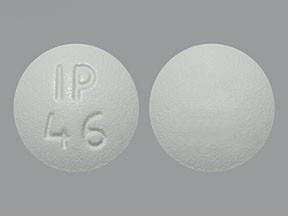
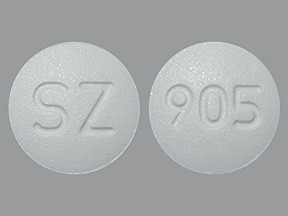
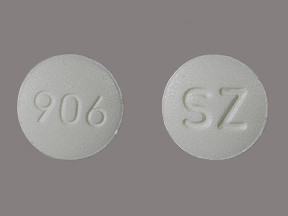
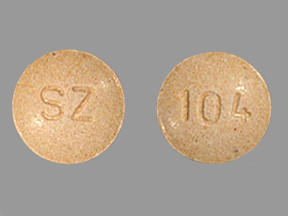
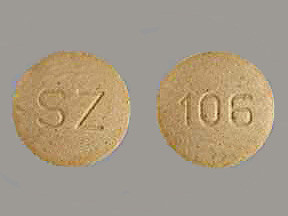
No Reviews Yet